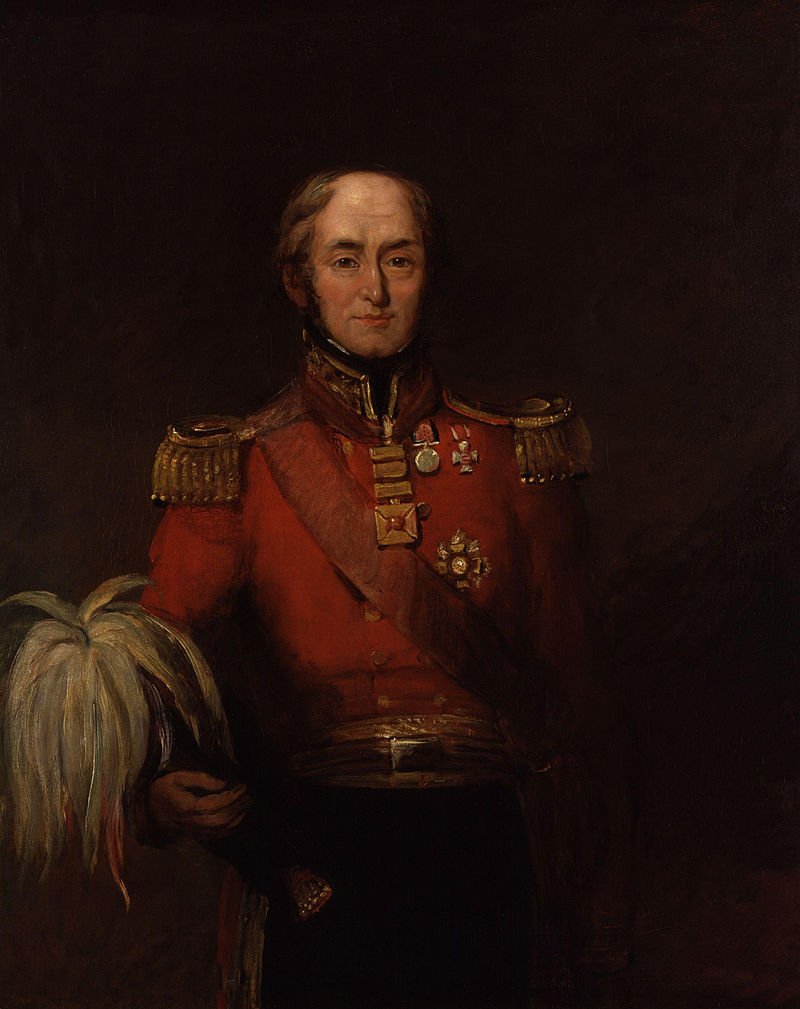Edward Barnes: Governor and Architect of Ceylon’s Coffee Industry
Sir Edward Barnes, a British Army officer, served as the Acting Governor of Ceylon from 1820 to 1821 and was appointed Governor from 1824 to 1831. His tenure is notably marked by significant contributions to Ceylon’s (now Sri Lanka) burgeoning planting industry, particularly through his strategic infrastructural developments and direct involvement in promoting coffee cultivation.
Early Life and Military Career
Edward Barnes was born in 1776 in England and embarked on a military career that saw him rise through the ranks, eventually becoming a lieutenant-general. His military prowess and leadership skills led to his appointment as Acting Governor of Ceylon in 1820, and after a brief interval, he was appointed as the Governor in 1824.
Visionary Infrastructure Development
One of Barnes' most enduring legacies was his recognition of the importance of infrastructure to support the nascent planting industry. Understanding that the success of coffee and other plantation crops depended on efficient transportation links, he embarked on an ambitious project to construct a network of roads linking the hill country, where coffee was cultivated, to the coastal ports. This infrastructure was crucial for transporting coffee from the remote plantations to the coast for export.
Fostering the Coffee Industry
Barnes took a keen personal interest in the coffee industry. He was instrumental in identifying that the hill districts of Ceylon were more suitable for coffee growing than the low country areas, due to their climate and elevation. This insight helped redirect the focus of coffee cultivation to regions that would later become the heartland of Ceylon's coffee industry.
Not only did Barnes advocate for the development of coffee plantations, but he also owned his own coffee plantation. This personal investment in the industry provided him with firsthand experience and insight, which he used to guide policy decisions. Under his governance, several policies were implemented to support and promote the coffee industry, including tax exemptions and land grants to planters. These measures greatly encouraged investment in coffee cultivation and helped establish Ceylon as a major coffee producer.
Development of Nuwara Eliya
Another significant contribution by Barnes was the development of Nuwara Eliya. Initially covered in virgin forests, Barnes recognized its potential as a health resort and a place for recuperating troops. In 1829, he initiated its development, and the area soon became a popular retreat for colonial officials and planters. Additionally, he constructed a Governor’s Residence in Nuwara Eliya, which was aptly named Barnes Hall. This residence, after several improvements and expansions over the decades, became the famous Grand Hotel, a landmark of Nuwara Eliya.
Legacy and Impact
Edward Barnes’ tenure as Governor of Ceylon was a period of profound transformation for the island. His infrastructural projects not only supported the immediate needs of the coffee industry but also laid the foundation for future economic activities, including the tea industry, which would later dominate Ceylon’s economy. His policies and personal involvement in the planting industry helped shape the economic landscape of Ceylon, fostering growth and development that would have lasting impacts.
Conclusion
Sir Edward Barnes was more than just a colonial administrator; he was a visionary who played a pivotal role in shaping Ceylon's agricultural and economic destiny. His contributions to the infrastructure and coffee industry of Ceylon left an indelible mark on the island’s history, illustrating how strategic leadership and personal initiative can significantly impact a region’s economic trajectory. His legacy, evident in the enduring prosperity of areas like Nuwara Eliya and the continued importance of coffee and tea in Sri Lanka’s economy, underscores his significant role in the country’s colonial history.


Comments
(In keeping with the objectives of this website, all COMMENTS must be made in the spirit of contributing to the history of this estate, planter or person i.e. names, dates & anecdotes. Critical evaluations or adverse comments of any sort are not acceptable and will be deleted without notice – read full Comments Policy here)